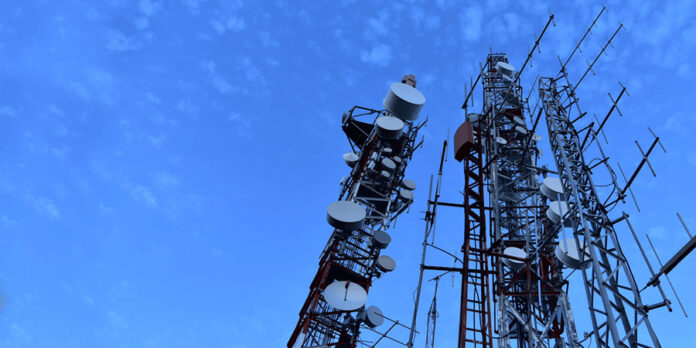In a recent development reported today, the State Bank of Pakistan (SBP) has allegedly withdrawn authorisation of direct carrier billing (DCB) for cellular mobile operators for payments in dollars abroad to plug the outflow of dollars.
The move seems to have aggrieved the telcos that are now assessing the impact this would have on their operations.
Aslam Hayat, Senior Information and Communication Technology regulatory expert and former Chief Corporate Affairs and Strategy Officer at Telenor, says that direct carrier billing (DCB) exists because of a lack of international digital payment methods to pay for various apps including gaming and entertainment apps.
“By linking direct carrier billing with Google Play store, freelancers are also able to pay for some tools and apps for doing their assignments,” he says. “Since these apps do not have physical presence in Pakistan therefore payments through any other means like vouchers or cash are not possible. Either one needs mastercard or visa credit/debit cards or DCB. Not all customers of mobile phones have credit or debit cards.”
Under direct carrier billing, the mobile customer pays for the app through their balance with a respective telco and the telco then remits the aggregated amount after a certain period of days as mutually agreed either directly to the apps or through intermediaries.
Any move with regards to the blocking of payments under DCB is not only going to impact the data usage of the telcos in case of gaming and entertainment apps but also will have a negative impact on the freelancers, says Aslam.
According to an official at one of the leading telcos, an estimated $60 million annually in payments go from the telco industry under DCB and other digital services.
Official sources, however, also say that the matter is a few months old and the telcos authorisation for direct carrier billing was never revoked. “Payments for broader IT services such as for cloud services are made under certain foreign exchange rules and are done through a designated bank,” a source told Profit.
The activities for which payment could be made were identified in the foreign exchange manual. According to the source, telcos had started making payments for apps under DCB as well under payments for broader IT services categories. It was then that the SBP wrote to banks to stop making payments for apps under DCB and redesignate them in appropriate categories.
“Payments for broader IT services are made under different rules. Payments for entertainment and gaming apps are made under different rules. The payments were never revoked, they were just asked to be redesignated,” said the source.
Profit was not able to corroborate this version with a bank.
It is pertinent to note, however, that the SBP has used regulatory nuances to block the outflow of dollars from the country. When a ban was imposed on luxury items, LCs for the import of raw materials for the mobile phone manufacturing industry were not blocked but the SBP had started delaying approvals for opening of LCs.
On the other hand, the $60 million estimate may also not be a lot for the State Bank to outrightly block such payments, a move that is allegedly not even recent, to plug the outflow of dollars.

























very informative article . i think sbp is very prudent in its approach as we need to save FCY for making payment for only most needed items.